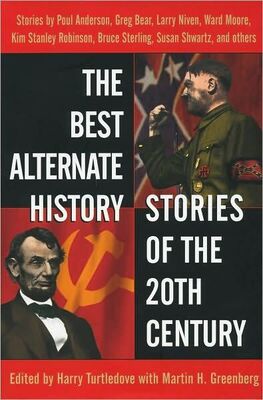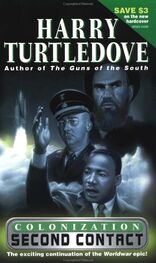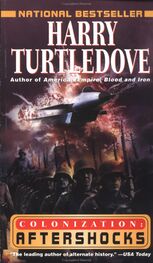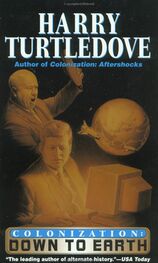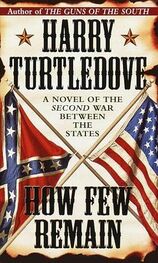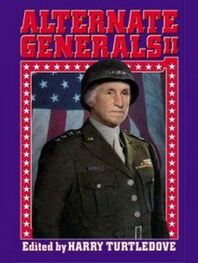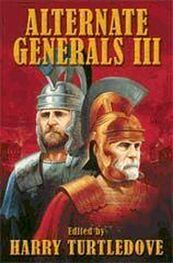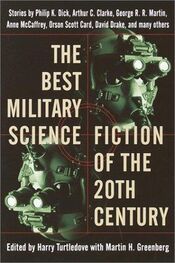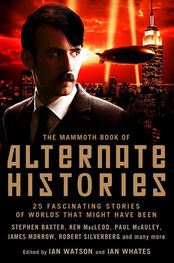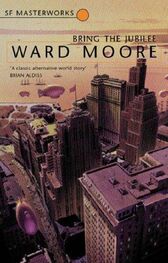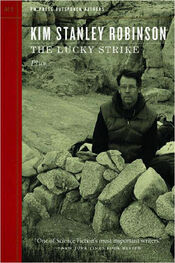Through the haze of Dietrich’s memories I could still think; could reflect on what I was assimilating directly from a pattern taken from another’s mind. I was impressed that such a man existed, working in secret for decades on what had only recently riveted the world’s attention. Only last year had a news story dealt with microbiologists doing gene splicing. Yet he had done the same sort of experimentation decades earlier.
What had been a trickle suddenly turned into a torrent of concepts and formulae beyond my comprehension. I felt the strain. With quivering fingers I reached for the cylinder and…
The images stopped; the words stopped; the kaleidoscope exploding inside my head stopped; the pressure stopped…
“You have not finished the program, Dr. Goebbels,” said Dietrich. “It was at least another ten minutes before the ‘reel change.’” He was holding the other cylinder in his hand, tossing it lightly into the air and catching it as though it were of no importance.
“It’s too much,” I gasped, “to take all at once. Hold on, I’ve just remembered something: Thor, in the hallway… is it possible?” I thought back over what I had experienced. Dietrich had left simple eugenic breeding programs far behind. His search was for the chemical mysteries of life itself, like some sort of mad alchemist seeking the knowledge of a Frankenstein. “Did you—” I paused, hardly knowing how to phrase it. “Did you create Thor?”
He laughed. “Don’t I wish!” he said, almost playfully. “Do you have any idea what you are talking about? To find the genetic formula for human beings would require a language I do not possess.”
“A language?”
“You’d have to break the code, be able to read the hieroglyphic wonders of not just one, but millions of genes. It’s all there, in the chromosomes, but I haven’t been able to find it yet. No one has.” He put his face near to mine, grinning, eyes wide and staring. “But I will be the first. Nobody can beat me to it, because only I can do it!”
For a moment I thought I was back in the presence of Hitler. This man was certainly a visionary. Moreover he was dangerous in a fashion beyond any politician.
“Why are you here?” I asked.
“They finance me well. Look at these toys,” he said, pointing at what he told me was an atmosphere chamber. “The work is expensive. Do you know how to invade the hidden territory of life itself? With radiation and poison to break down the structures and begin anew. To build! I can never live long enough, never receive enough sponsorship. It is the work of many lifetimes. If only I had more subtle tools…”
Before I lost him to a scientist’s reverie, I changed the subject: “My son’s hair and eyes have changed.”
“That’s nothing but cosmetics,” he said disdainfully.
“The SS wants you to do that?”
“It is considered a mark of distinction. My beautician there”—he pointed at the Japanese girl—“provides this minor and unimportant service.”
Only a few blonde-haired, blue-eyed people were working in the laboratory. I asked why everyone had not undergone the treatment. The reason was because the few I had just seen were authentic members of that genotype. Dietrich was blunt: “We don’t play SS games in here.”
He showed me his workshop, treating the technicians as no more than expensive equipment. I wondered how Speer would react to all this. The place was even larger than I had first thought. I wondered what Holly would make of it all, cramped in her small cubbyhole at the university.
The seemingly endless walk activated my pains again. My host noticed this distress and suggested we sit down again. He had not misplaced the other cylinder. Somehow I was not surprised when he suggested that I sample its contents.
“Did I really share in your memories?” I asked him.
“A carefully edited production, but yes.”
“Is there more of the same in this other one?”
“I hold in my hand images from a different point of view. I believe that you might find these even more interesting.” He put the thing on my palm. “Do you want it?”
“I have a thousand unanswered questions.”
“This will help.”
Shrugging, I placed it to the same point on my forehead and… I did not know who I was .
In vain I searched for the identity into which I had been plunged. What there was of me seemed to be a disembodied consciousness floating high above the European continent. It was like seeing in all directions at once. The moon above was very large, very near the earth—it was made of ice.
Horbiger’s Welteislehre! It was a projection of one of his prophecies, when the moon would fall toward the earth, causing great upheavals in the crust—and working bizarre mutations on the life of the planet.
There was a panorama unfolding like the Worm Ouroboros: ancient epochs and the far future were melded together in an unbreakable circle. The world and civilization I knew were nothing but a passing aberration in the history of the globe.
I saw ancient Atlantis, not the one spoken of by Plato, but from a time when men were not supposed to exist. The first Atlantis, inhabited by great giants who preceded man and taught the human race all its important knowledge: I beheld Prometheus as real.
Then I was shown that the pantheon of Nordic gods also had a basis in this revelation. Fabled Asgard was not a myth, but a legend—a vague memory of the giant cities that once thrived on earth.
Humanity was incredibly older than the best estimates of the scientists. More startling than that was the tapestry flickering in myriad colors to depict a faraway but inevitable future. All of the human race had perished but for a remnant of Aryans. And these last men, these idealized Viking types, were happily preparing for their own extermination—making way for the Übermenschen who had nothing in common with them but for superficial appearances. The human race—as I knew it—was not really “human” at all. The Aryan was shown as that type closest to True Man, but when mutations caused by the descending moon brought back the giants, then the Aryan could join his fellows in welcome oblivion. The masters had returned. They would cherish this world, and perform the rites on the way to the next apocalypse, the Ragnarök when the cycle would start again—for the moon of ice would have at last smashed into the earth.
These images burned into my brain: gargantuan cities with spires threatening the stars; science utterly replaced by a functional magic that was the central power of these psychokinetic supermen who needed little else; everything vast, endless, bright… so bright that it blinded my sight and my mind…
With a scream I ripped the device from my perspiring skin. “This is madness!” I said, putting my head in my hands. “It can’t be really true. The SS religion… no!”
Dietrich put a comforting hand on my shoulder, much to my surprise. “Of course it is not true,” he said. There must have been tears in my eyes. My expression was a mask of confusion. He went on: “What you have seen is no more true than one of your motion pictures, or a typical release from the Ministry of Propaganda. It is more convincing, I’ll admit. Just as the first cylinder allowed you to peer into the contents of one mind—my own—this other one has given you a composite picture of what a certain group believes; a collaborative effort, you could say.”
“Religious fanatics of the SS,” I muttered.
“They have a colorful prediction there, a hypothetical history, a faith. Of course, it is not as worthwhile as my autobiography.”
“What has one to do with the other?” I asked. “What does your story have to do with theirs?”
Читать дальше